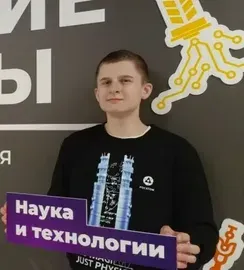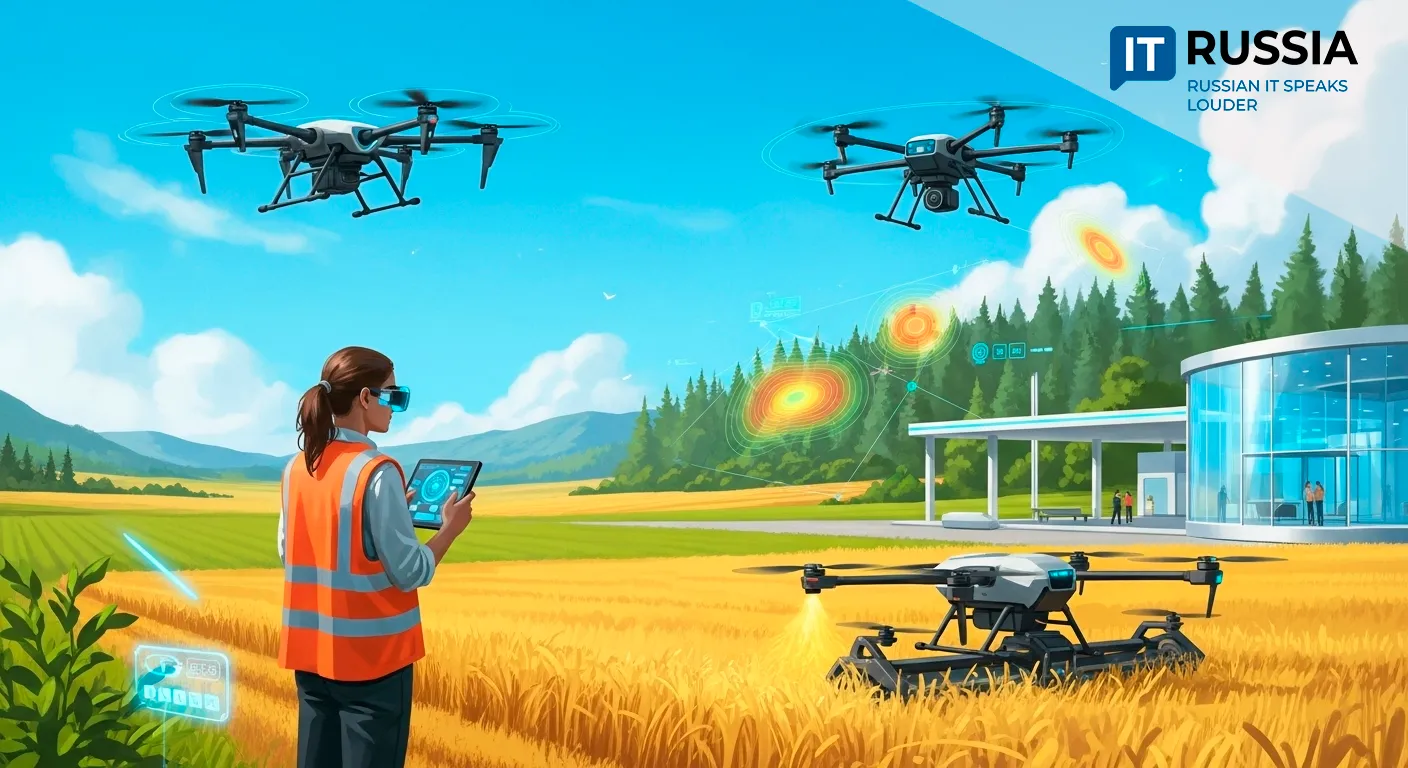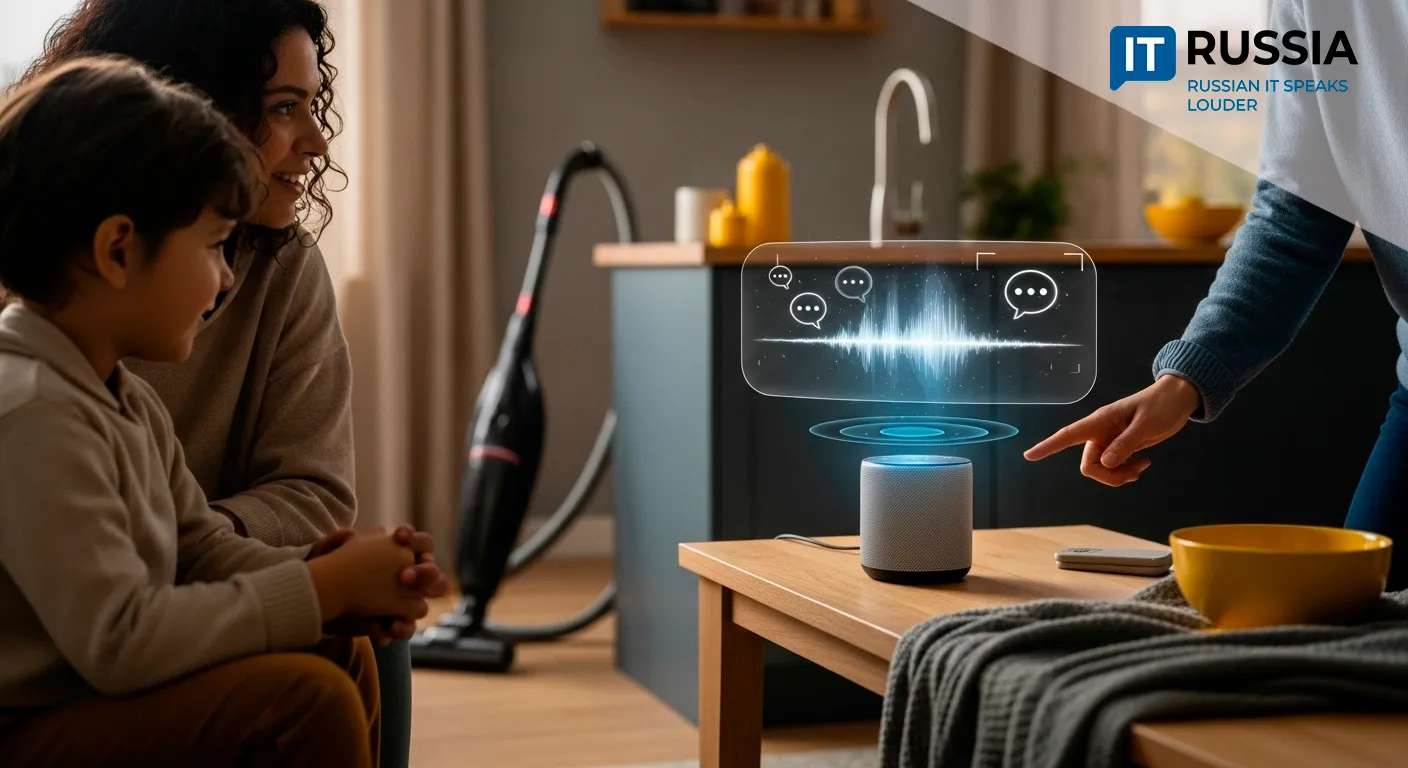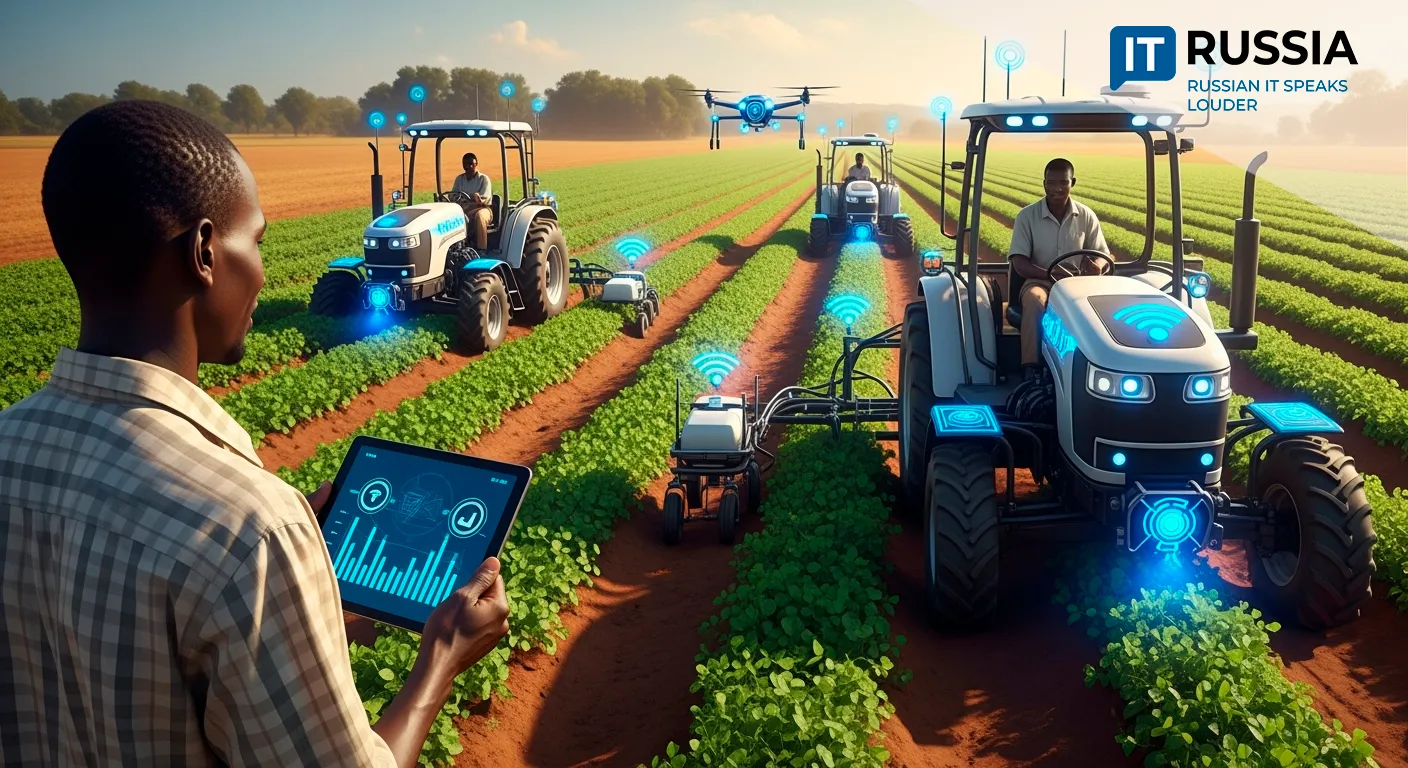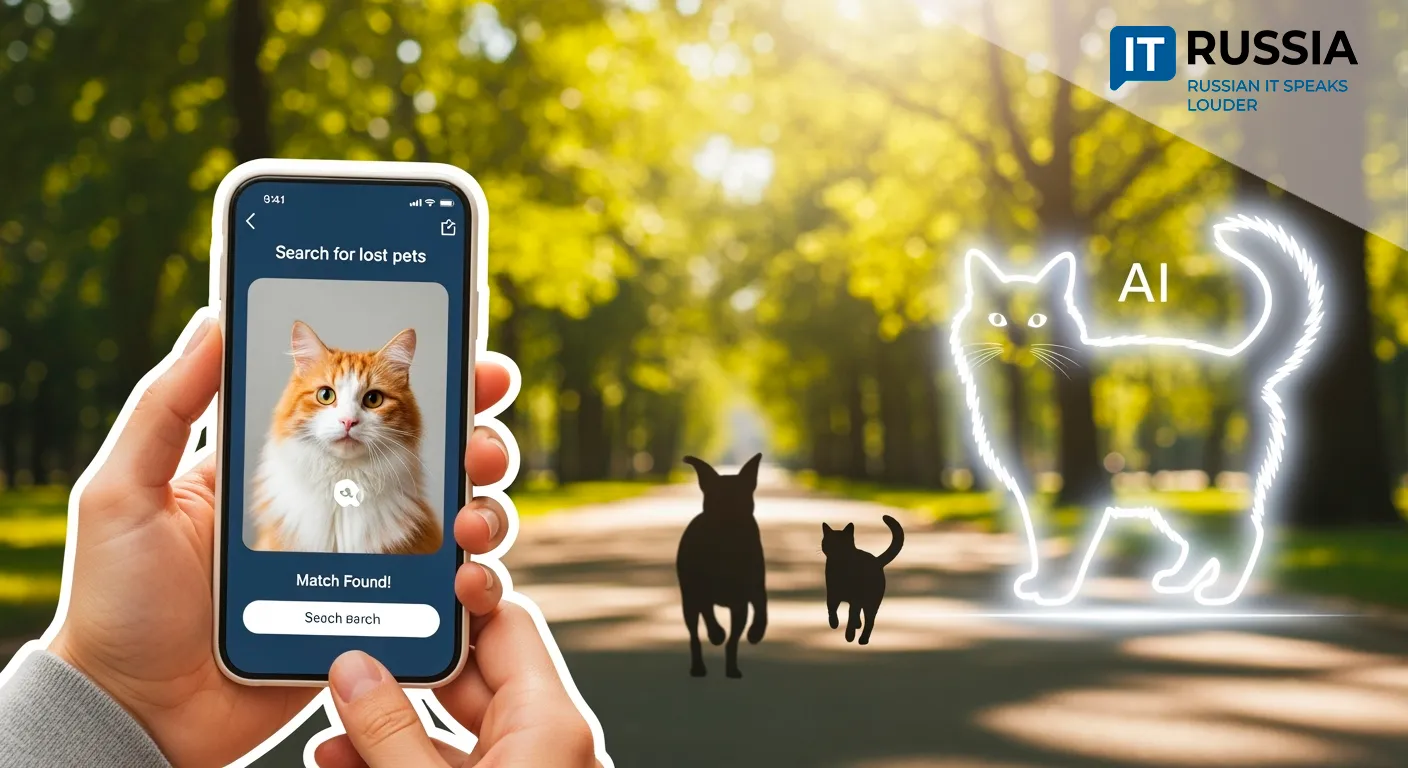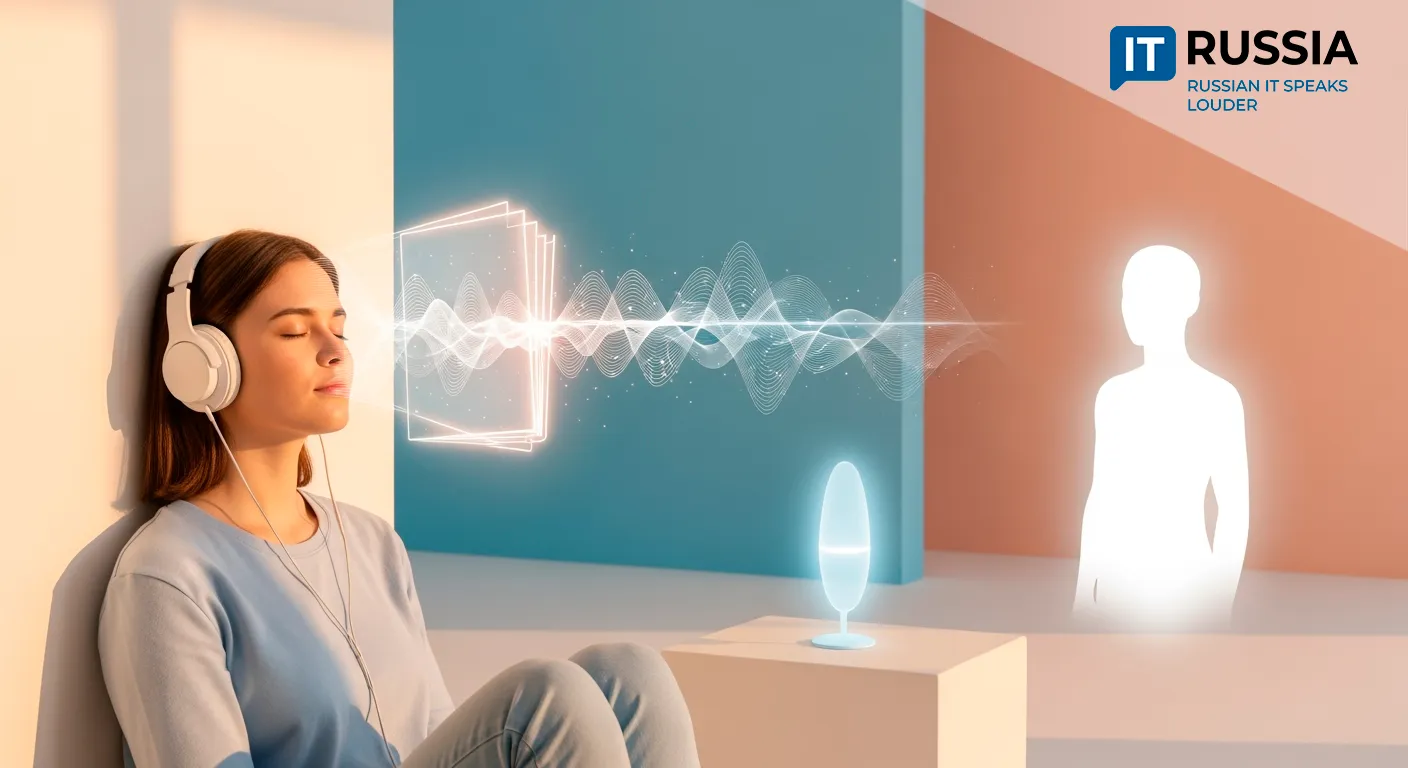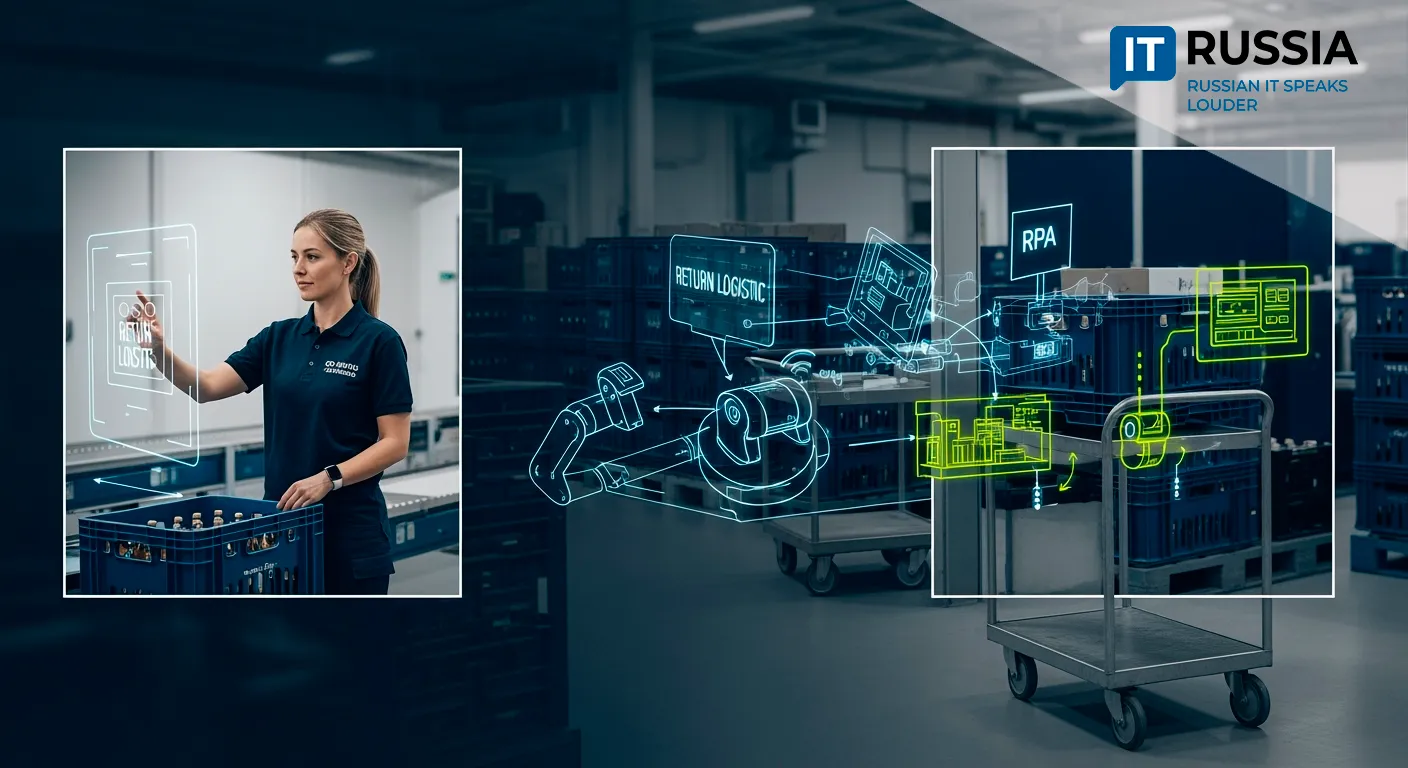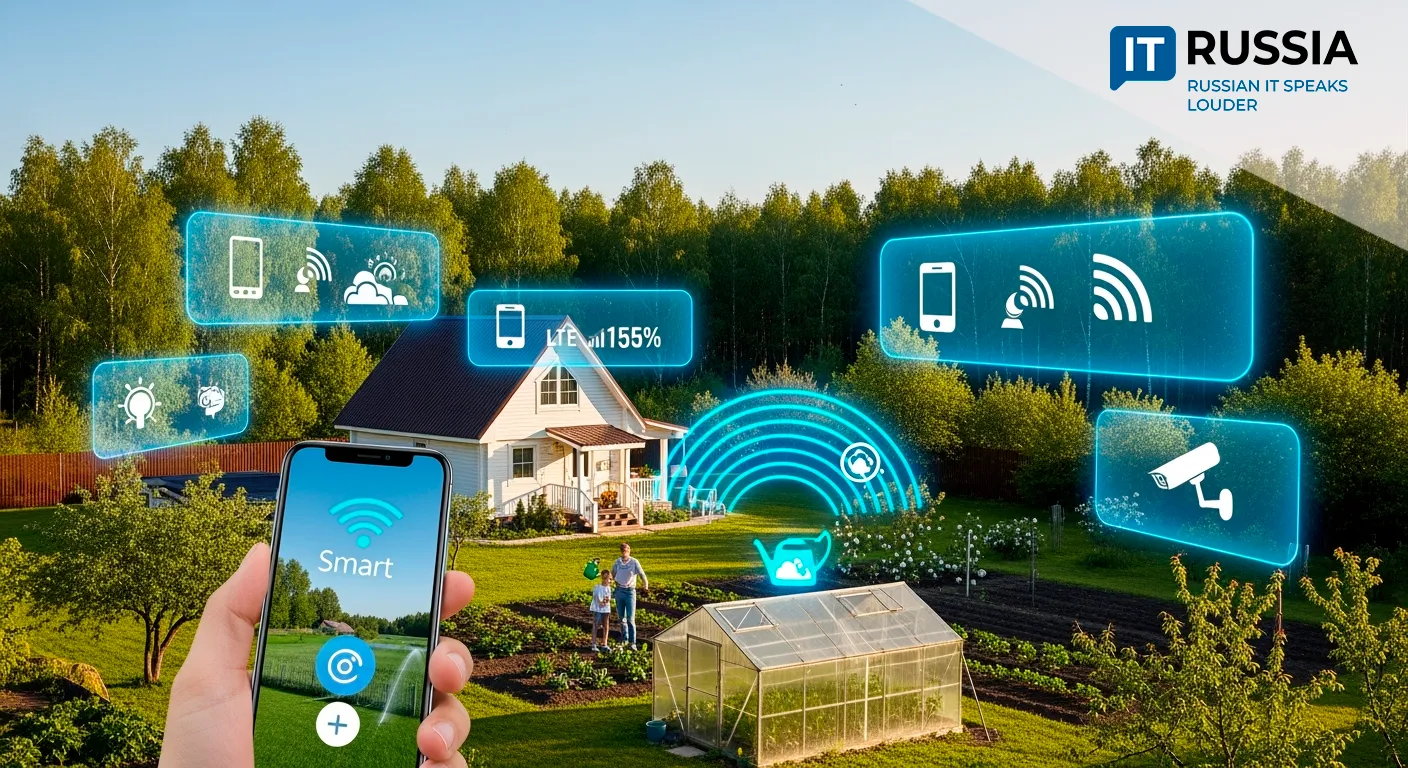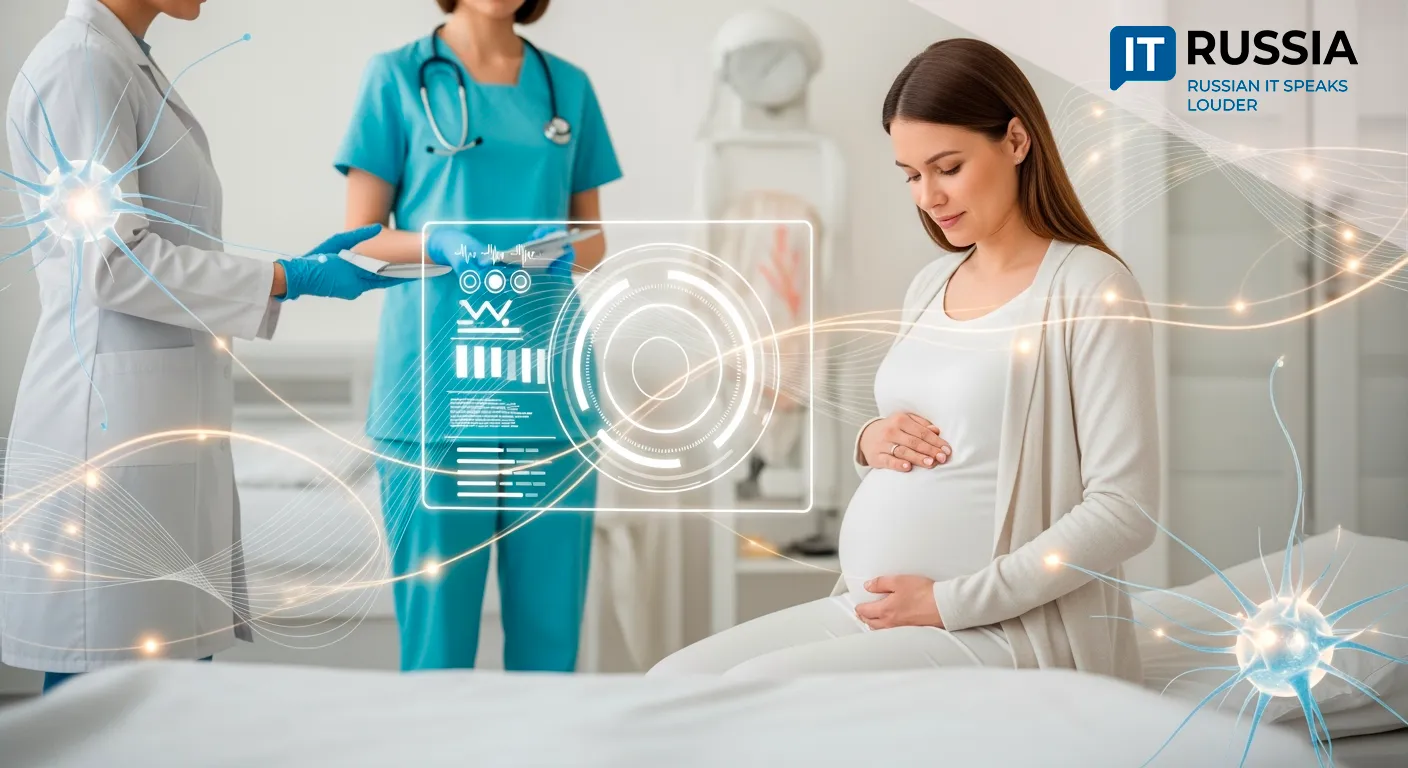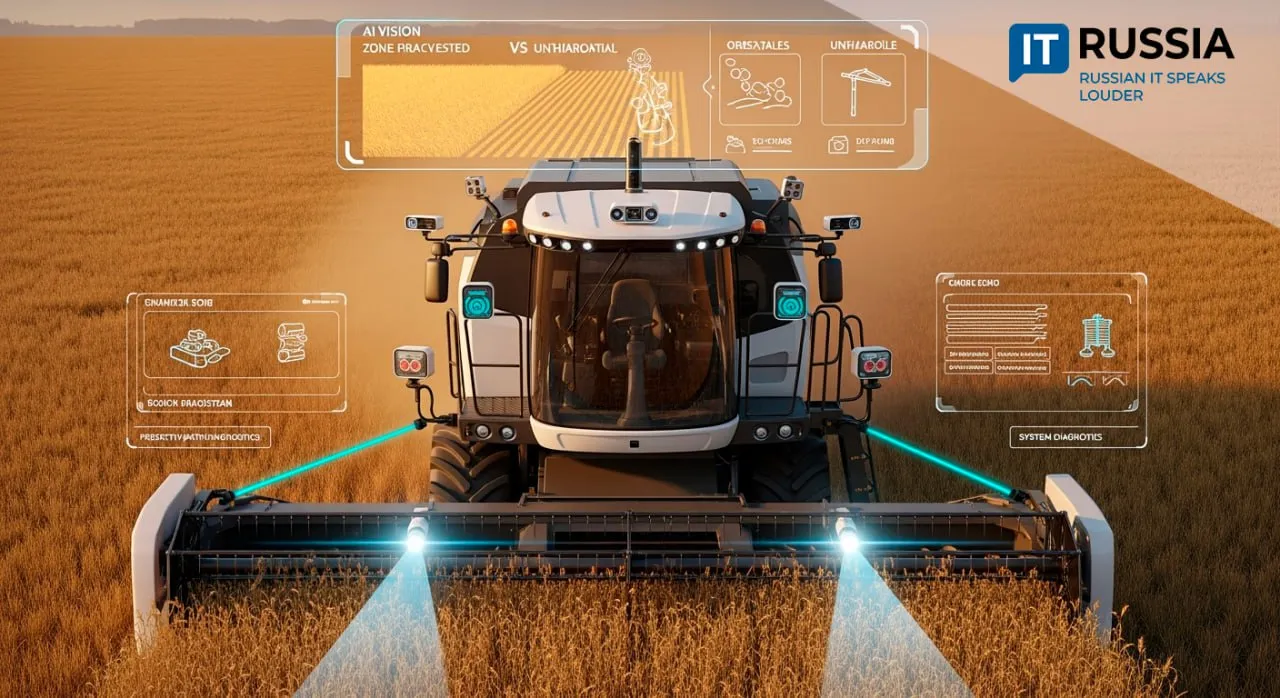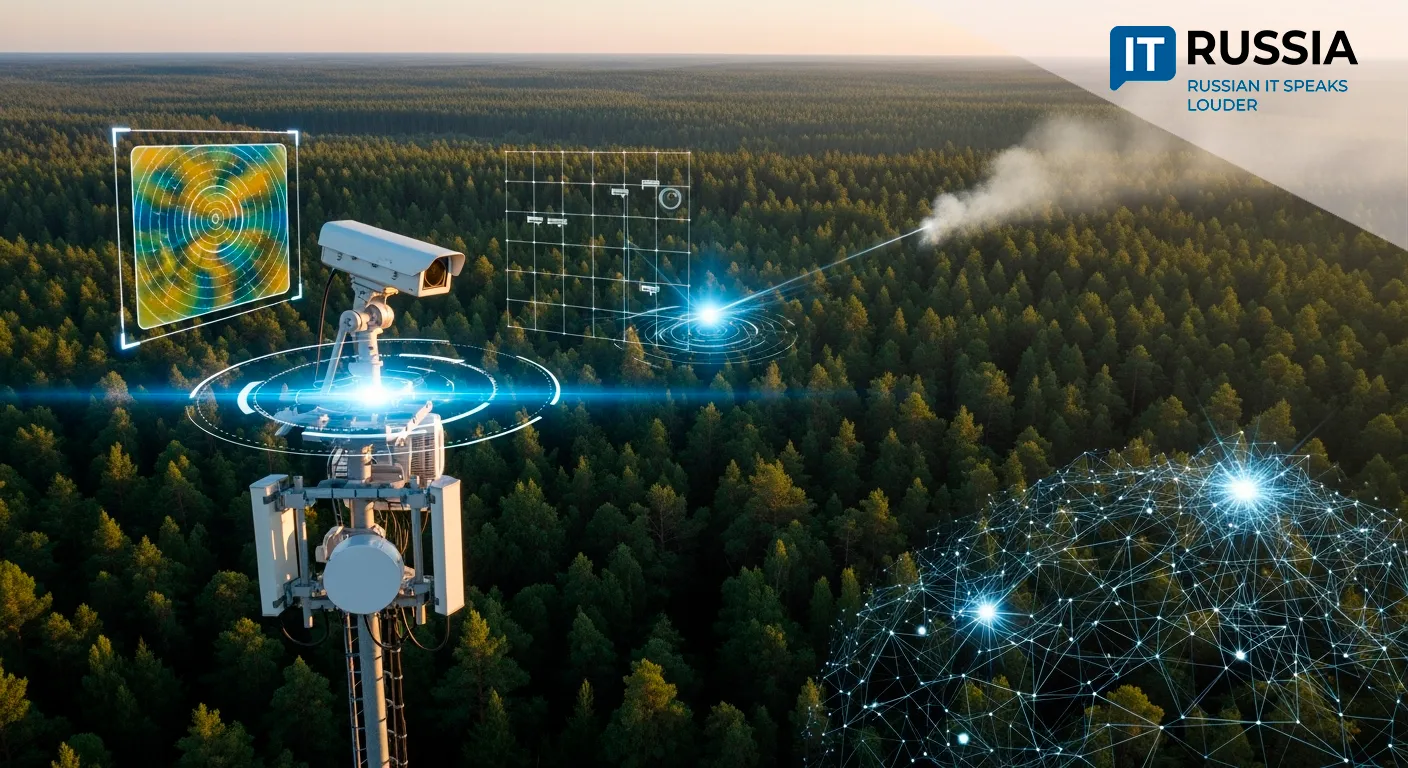A Smart Buoy From a Russian Teenager Is Changing How We Monitor Water Quality
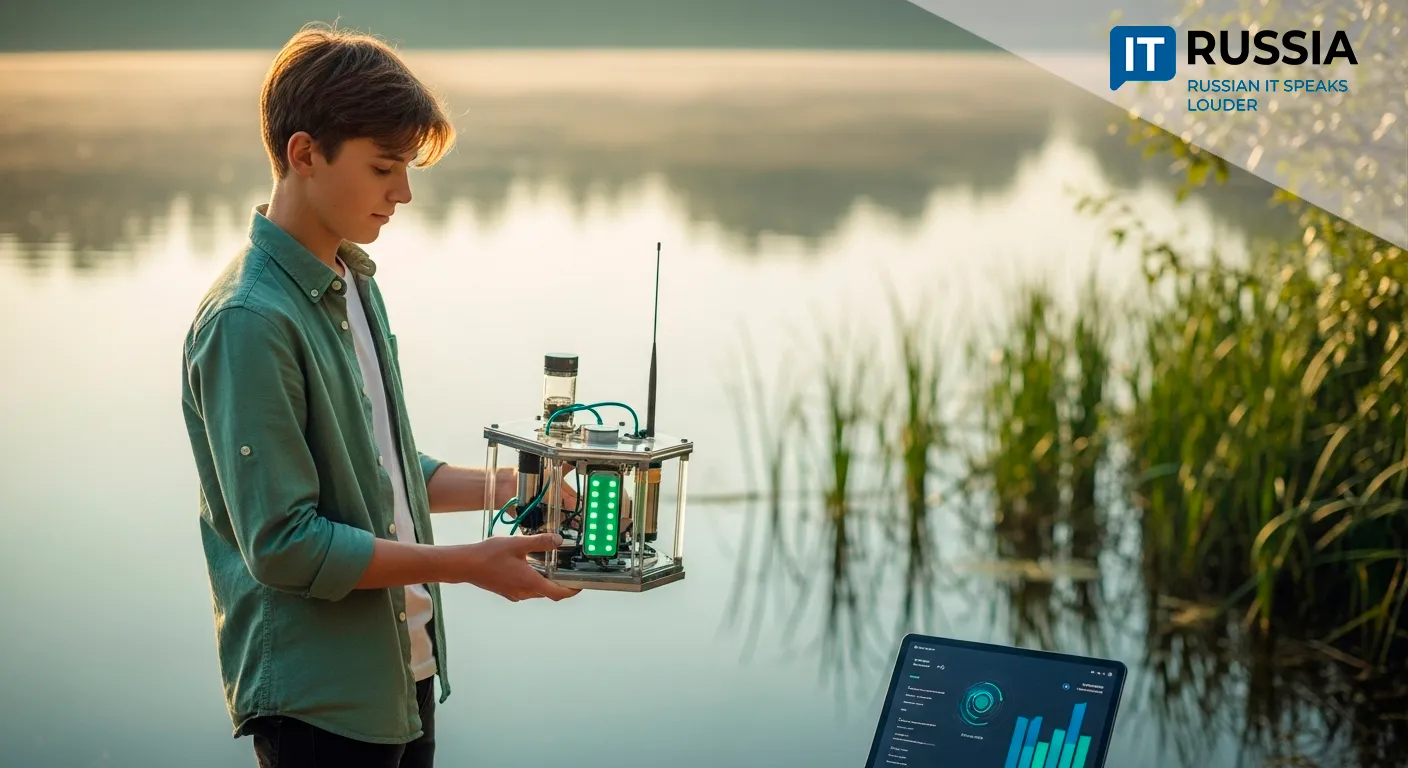
A high school student from Tver has developed a smart, sensor-equipped buoy for autonomous water monitoring — a project gaining traction with environmentalists and government officials alike.
Young Engineer Builds a Water Lab in a Buoy
During the 10th edition of the Sirius Educational Center’s science and technology program 'Big Challenges,' 400 students from across Russia developed projects across 12 focus areas. In the category 'Ecology and Climate Change,' 11th-grader Oles Suprun from Tver took the spotlight.
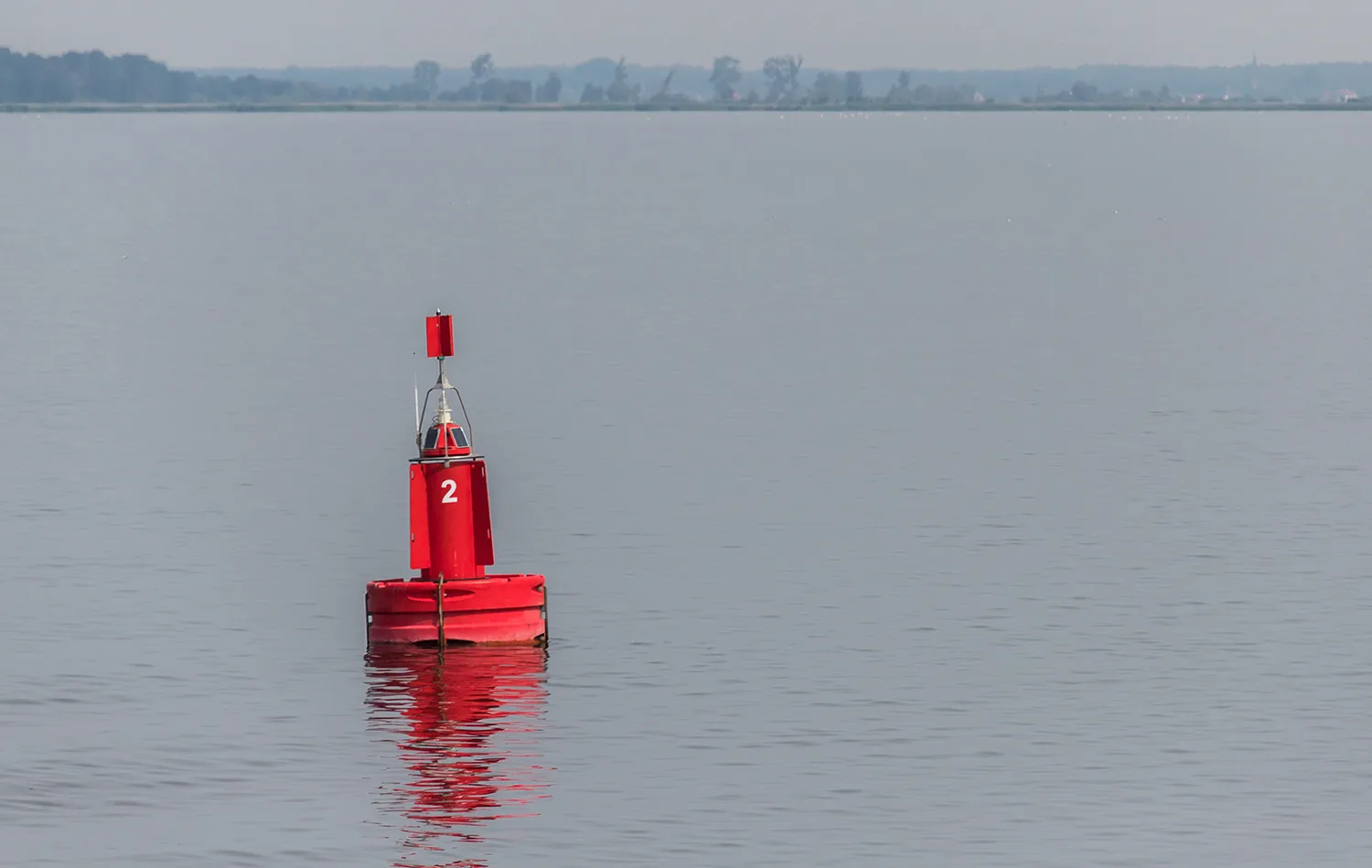
Working with his team, Suprun created a prototype of a smart buoy that functions like a floating water lab. Submerged about 30 cm underwater, the buoy houses sensors to measure temperature, pH, turbidity, and detect contaminants. If abnormalities are found, the data is sent to a lab in real time, triggering rapid expert response.
Suprun aims to adapt the device beyond still waters. The next version may work in rivers and coastal zones.
From Lakes to Industry: The Road to Implementation
Small bodies of water are often overlooked in environmental monitoring. This compact, low-cost solution allows for scalable tracking without heavy infrastructure — making it ideal for agriculture, tourism zones, or local water authorities.
Though still in early testing, the prototype has potential for deployment across the CIS and even parts of Europe. Target use cases include Rosatom’s subsidiaries, environmental regulators, and international NGOs focused on water ecosystems.

The Rise of Eco-Tech Among Russian Youth
Russia’s new generation is building tangible environmental tech. Students in Veliky Novgorod built an indoor air-purifying drone. Young engineers in Kazan developed Aqua Cleaner, a robot for oil spill recovery. A group of university students is piloting unmanned aquatic vehicles for water monitoring — one maps terrain, another detects pollution, and a third performs constant quality checks.
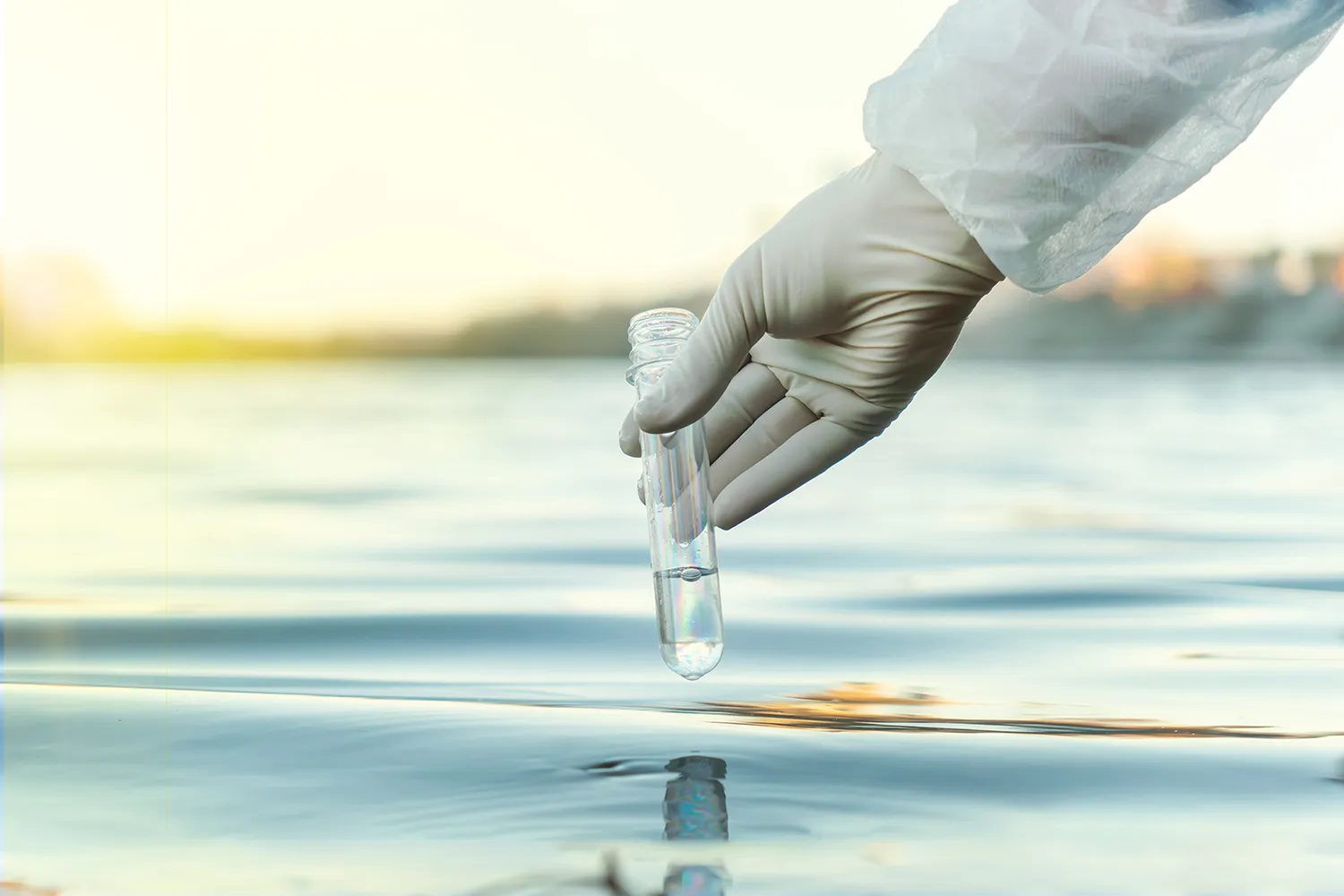
These examples represent a growing movement in Russia: youth-powered environmental IoT. Projects like Suprun’s smart buoy, if scaled with institutional support, could turn into commercially viable startups with global reach.


